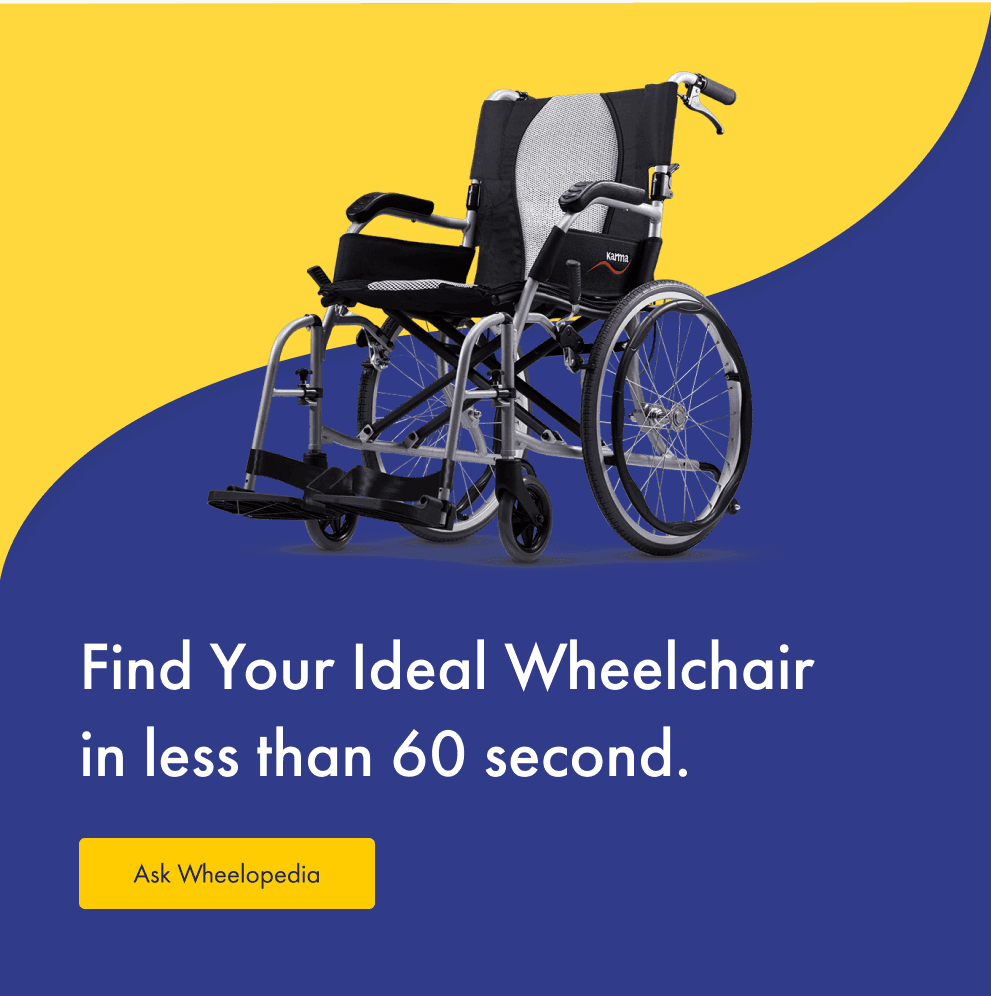To everyone who enters the role of wheelchair caregiver, your presence is so much more than help, your presence is trust, empowerment, and the maintenance of independence.
In this comprehensive guide, we examine key caregiving information, doable advice, and practical strategies to make you ready, emotionally and practically, for the journey. Whether you’re a family caregiver, friend, or professional carer, this article is your complete guide.
1. Empowering Through Dignity and Independence
One of the golden caregiving rules of wheelchair care is to preserve the dignity and autonomy of the individual you care for. While your assistance is invaluable, it’s also important to promote independence and respect personal choice.
Top caregiving advice:
Ask First, Always: Never presume to help is necessary, ask how and whether you can help.
Honor the Chair: A wheelchair is not just equipment, it’s part of an individual’s personal space. Leaning against it or pushing it over without permission is like invading personal space.
Embrace Self-Sufficiency: Support the ability to do things independently by the person. It will take longer, but it enhances confidence and self-esteem.
2. Communication: The Foundation of Effective Caregiving
Good communication is the basis of any effective caregiver-care recipient relationship. It creates trust, cooperation, and a feeling of partnership.
Best practices are:
- Listen Actively: Attentive to tone, facial expressions, and non-verbal signals.
- Speak Clearly: Use direct, simple language, particularly when describing care routines or making plans.
- Promote Honesty: Encourage an atmosphere where expressing discomfort or preferences is welcomed.
3. Learn about the Wheelchair: Your Care Companion
Getting to know the wheelchair makes both care safer and of higher quality. Learning about its mechanics enables easier assistance and proper maintenance.
Key information includes:
- Brake Operation: Familiarize yourself with effective engagement and release of brakes.
- Footrests & Armrests: Learn to adjust and stabilize these features.
- Maintenance Inspections: Check frequently for wear and tear, flat tires, or misalignment.
- Maneuvering Techniques: Practice turning within confined areas, climbing/descending ramps, and moving over outdoor terrain.
4. Safety is Non-Negotiable
Though promoting independence is crucial, safety always comes first. Knowledge of transfer technique and environmental awareness will help avoid accidents and injury.
Safety necessities:
- Safe Transfers: Discover how to assist with transfers utilizing gait belts or boards, maintaining correct posture and balance.
- Risk Assessment: Watch out for uneven floors, slippery surfaces, and tripping hazards.
- Emergency Preparedness: Have emergency numbers and medical details readily available always. Prepare a plan for a fall or equipment failure.
5. The Power of Empathy and Patience
Caregiving is as much about emotional intelligence as bodily support. Walking a mile in another person’s shoes can transform your entire attitude towards care.
Create stronger connection by:
- Recognizing Daily Challenges: Traveling in public, accessing shelves, or accessing restrooms can have unseen obstacles.
- Remaining Patient: Activities can take longer, what counts is progress, not velocity.
- Honoring Progress: Every minor goal is a triumph worth celebrating.
6. Take Care of Yourself: The Resilient Caregiver
Burnout, stress, and emotional exhaustion are common to many caregivers. Keeping yourself healthy is key to offering sustainable, empathetic care.
Self-care tips:
- Join Support Groups: Sharing emotions and advice with other caregivers can be an emotional release and helpful support.
- Maintain Boundaries: Taking regular breaks and having time for yourself will recharge your mental and emotional resources.
- Invest in Hobbies: Don’t lose your identity or interests outside of caregiving.
Bonus Day-to-Day Practicality Tips
- Utilize Wheelchair-Friendly Apps: Several apps currently assist with finding accessible restrooms, restaurants, and routes.
- Pre-Plan Outings: Take terrain, weather, and accommodations into consideration.
- Adopt Adaptive Tools: Transfer aids, reachers, and pressure-relieving cushions increase comfort and ease.
Rolling Forward Together
Being a caregiver to a wheelchair user is a life-changing experience filled with growth, meaning, and deep connection. By embracing these values and making knowledge, empathy, and communication paramount, you’re not only offering care, you’re transforming lives.
Here at Wheelopedia.in, we’re honored to stand alongside caregivers such as yourself. Discover our resources, tools, and expert guides to enrich your caregiving experience. Remember, your care makes all the difference, keep rolling forward with compassion and confidence.



